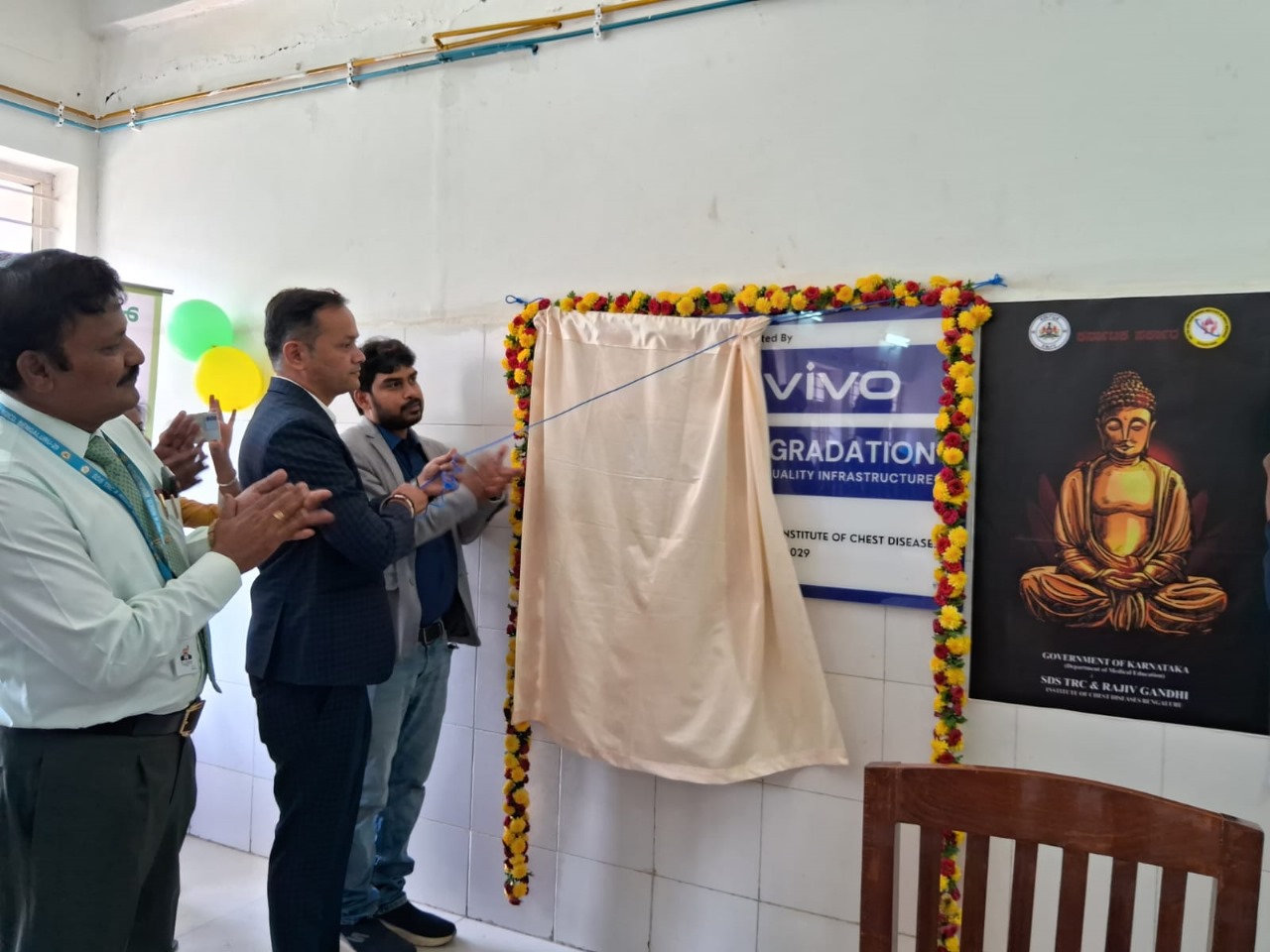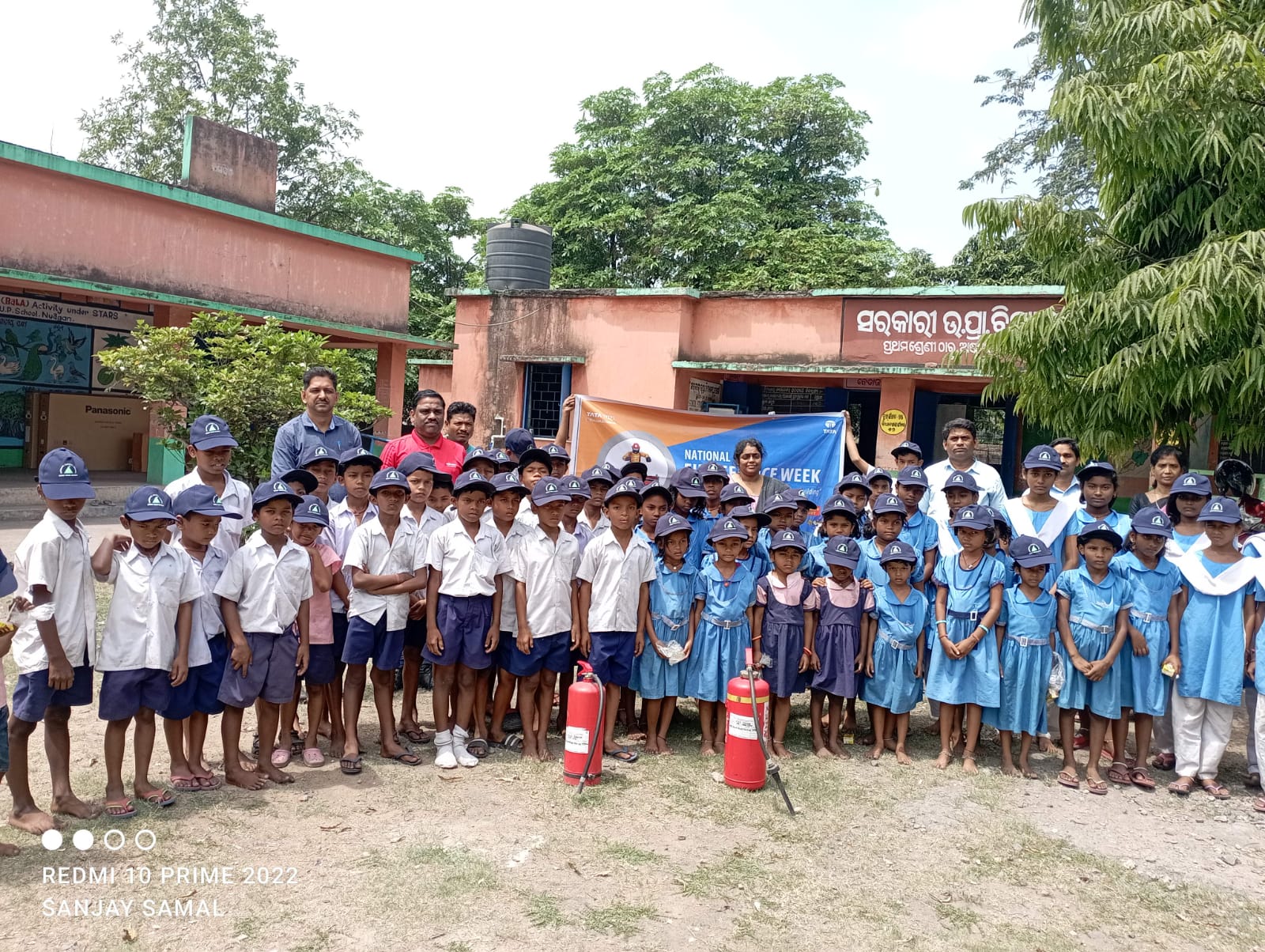Subscribe our Weekly Newsletter
Terms Of Reference: City Lead Agency for Multi-city WBE Initiative
Organization: Swasti
Apply By: 30 Jun 2022
Terms Of Reference
City Lead Agency for Multi-city WBE Initiative
Background
The Wastewater-based Epidemiology (WBE), commonly known as Environmental Surveillance, is a supplementary branch of public health technology, which uses community wastewater to test for infectious pathogens which may be hazardous for ecology (human, animals and climate) and has a pandemic potential.
The WBE has been carried out for several years, though the usage was limited to Poliovirus surveillance at a very limited area of concern. It has gained significant ground in the advent of COVID-19 pandemic, in which it proved to be helpful in detecting early warning signals by tracking the SARS-CoV-2 virus from the community wastewater. Currently, various studies and articles prove that the WBE can be a key surveillance tool, which will help public health bodies in assessment of prevalence, nature of the infection spread and preparation of an evident outbreak at the city level, especially those having low-resource settings, where large scale surveillance creates a heavy burden for the surveillance agencies and public health managements.
In WBE, a wastewater sample is collected from selected sites within a drain (open or closed) of the city, and tested for the presence of pathogen(s). The presence of the virus in wastewater is a surrogate indicator based on the fact that the fecal discharge from the affected persons, sometimes in a very early stage of infection (even asymptomatic carriers), contains the COVID-19 virus. This surrogate indicator can serve as an early warning of an outbreak in a new area, particularly in densely populated urban slums and congested urban pockets.
Precision Health
Precision Health is Catalysts’ Environmental Surveillance (ES) platform. The platform provides technical support, digital backbone, learning and sharing platform and communication support for believers, enthusiasts and implementers of environment surveillance. It is a partnership driven program, which explores, tests and utilizes learnings to promote WBE as a significant complementary public health surveillance tool.
The main objective of the platform is to mainstream WBE as a key public health surveillance tool in India, through interventions, research, communication & advocacy and scale up. Since the launch of the platform on May, 27th, 2021, the platform has successfully conducted the following:
1. Set up an Early Warning System(EWS) for COVID outbreaks by surveilling SARS-CoV-2 virus in Bengaluru, Karnataka to support:
a. government health officials with analyzed data and trends through sense-making platforms
2. Genome Sequencing of wastewater samples to show lineages and sublieanges of dominant variants for SARS-CoV-2 virus.
3. Drug level testing to understand the consumption of antibiotic and antipyretic drugs in the city.
4. Study to assess the prevalence of Antimicrobial Resistance to commonly used medicines in the city.
For more information, visit https://precisionhealth.in/
Over time, there has been a significant change in the awareness levels around WBE and national government and various city governments planning to initiate WBE in their cities.1
Multi-City WBE Initiatives
The Precision Health platform, which works on Wastewater-based Epidemiology (WBE), is seeking applications and proposals from reputed and registered agencies or consortium of agencies to support their city governments in carrying out ES to detect SARS-CoV-2 , in order to provide Early Warning Signals (EWS) for COVID outbreaks in the city. The City Lead agency will be facilitating WBE activities to set an Early Warning System in a city. The role of City Lead Agency will be to support/execute the process on ES in each city, under the Multi-city Scale up Initiatives. The City Lead manager will coordinate, manage or execute operations at city-wide Environmental Surveillance initiative for SARS-CoV-2 virus to support government stakeholder in understanding and utilizing ES data for public health actions.
The city initiatives must not be treated as one-off projects but a catalytic investment to ignite interest, build capacities and inspire forward evidence-based planning, programming, decision-making and resourcing by city municipalities as well as public health agencies in the city.
In order to manage the above responsibilities, the City Lead must have strong coordinating and partnership skills, project management and an understanding of health surveillance. Strong communication skills are a must for the project manager to coordinate with multiple partners regularly and to create clear, concise reports that communicate outcomes and program impact. He will have to travel to multiple locations within the city, so flexibility and strong organizational skills are important to balance the workload.
Latest Online Store
Latest Grants
Latest News
© Renalysis Consultants Pvt Ltd


























